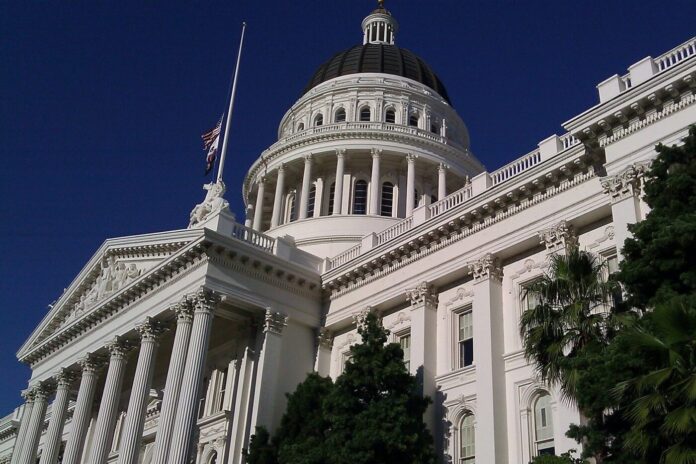US President Donald Trump has signed several resolutions passed by Congress into law – including a measure to block California’s plans to ban the sale of new combustion engine vehicles from 2035. California and ten other US states have already filed lawsuits against the decision.
With his signature, Trump has not only halted California’s combustion engine phase-out but also blocked rules limiting emissions from certain vehicles and nitrogen oxide emissions from trucks in the state. Trump called California’s regulations “a disaster for this country”.
“We officially rescued the U.S. auto industry from destruction by terminating the California electric vehicle mandate once and for all,” the US President declared.
In 2020, California Governor Gavin Newsom issued an executive order stipulating that only zero-emission passenger cars could be sold from 2035 onwards. In 2022, the California Air Resources Board (CARB) turned this into a binding regulation – albeit with some concessions: while carmakers will no longer be allowed to sell pure combustion engine vehicles from 2035, plug-in hybrids (PHEVs) will still be permitted.
However, these PHEVs must offer a real-world electric-only range of at least 50 miles (around 80 kilometres). In addition, no more than 20 per cent of a manufacturer’s overall sales may consist of PHEVs – the remaining 80 per cent must be made up of battery-electric or hydrogen fuel cell vehicles.
California’s rule, since adopted by eleven other US states including New York, Massachusetts, and Oregon, is based on a waiver from the US Environmental Protection Agency (EPA), allowing individual states to enact their own stricter vehicle emissions standards. It is precisely this waiver that has now been revoked, meaning California and other states are no longer permitted to issue independent exhaust emission rules. The resolution had previously passed both chambers of Congress before being signed into law by Trump.
Concerns over the legality of reversing the EPA waiver using the so-called Congressional Review Act were already raised in March. A court case was likely from the outset. With eleven states now filing immediate legal action against the resolutions, the matter is set to be settled in court.
The goal is to “top this latest illegal action by a President who is a wholly-owned subsidiary of big polluters,” Governor Newsome said about the lawsuit filed with the US District Court in Northern California. California Attorney General Rob Bonta added: “We made a promise that if the president attempted to illegally interfere with our clean air standards, we’d hold him accountable in court. Today, we are making good on that promise.”
According to Governor Newsom, Trump is continuing his broadside against California. That appears to go beyond environmental policy. In response to unrest in Los Angeles – mainly over federal deportation actions – Trump has deployed 2,000 National Guard to the city, against the Governor’s wishes. So, the conflict between the two politicians runs deeper than just emissions rules.
In addition to the lawsuit, Newsom signed an executive order which he said is intended “to keep California on track with our world-leading transition to cleaner cars.” The order reaffirms the state’s commitment to zero-emission vehicles (ZEVs), expands incentive programmes for clean vehicles, and adjusts state procurement requirements – directing agencies to “issue recommendations within 60 days.”
However, Trump’s decision has not been met with universal criticism. The Alliance for Automotive Innovation, whose members include General Motors, Toyota, Volkswagen, Hyundai and Stellantis, stated that the regulations “were never achievable” and would make cars less affordable for consumers. “Worse than unachievable, these EV mandates were going to be harmful,” said John Bozzella, president and CEO of the Alliance for Automotive Innovation. “Harmful to auto affordability, to consumer choice, to industry competitiveness and to economic activity.”
gov.ca.gov, fleetowner.com, nbcnews.com, politico.com, reuters.com




